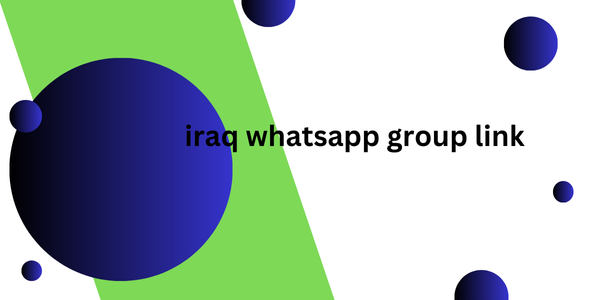30-Day Workout at Home
Posted: Sat Dec 21, 2024 4:51 am
Nike Training Club: Fitness is an all-in-one app that offers fitness, yoga, at-home exercises, meal plans, and motivational tips. Users have engaged with this app for years (based on their reviews).
The Premium plan gives more app content for $14.99 per month or $119.99 annually.
This app focuses on self-guided fitness on a monthly basis for every level, beginner to pro. Users can start as a beginner and move to the next level day by day, engaging with the app for longer than just iraq whatsapp group link a few months. The developer highlights that a professional fitness coach designed all the exercises, showing expertise and building trust with potential users.
The main app monetization tactic is a paid subscription for unlimited access to all features for $9.99/month and $59.99/year.
Yoga | Down Dog
This mindful app offers a wide range of yoga types for every level. Users create a personalized yoga plan by answering different questions about their goals, health conditions, and level of stress. Since the exercises and meditations are relevant to the users’ needs, they engage with the app for a long time to stay calm and feel better.
The main app monetization is also paid memberships with different advanced features for $9.99 per month or $59.99 per year.

Have a user database that segments customer data using filters like their age, location, date of purchase, next reminder, etc.
Set up an automation layer that can trigger hyper-personalized messages on the next reminder dates.
Get an integration layer for omnichannel marketing, like SMS, push notifications, and in-app messages, to form a continuous user engagement strategy.
This 3-step marketing automation process can be modified, analyzed, and streamlined for hundreds, thousands, or even millions of customers with similar pain points such as discounts, offers, cart abandons, and feedback requests.
Types of App Marketing Automation
When it comes to app marketing automation, there are different ways of implementing it into your marketing strategy. Every app has a specific audience that, unfortunately, does not get inspired by the same things. To ensure you target the right persons, for the right reasons, and at the right time, we recommend using the “playground strategy”.
The Premium plan gives more app content for $14.99 per month or $119.99 annually.
This app focuses on self-guided fitness on a monthly basis for every level, beginner to pro. Users can start as a beginner and move to the next level day by day, engaging with the app for longer than just iraq whatsapp group link a few months. The developer highlights that a professional fitness coach designed all the exercises, showing expertise and building trust with potential users.
The main app monetization tactic is a paid subscription for unlimited access to all features for $9.99/month and $59.99/year.
Yoga | Down Dog
This mindful app offers a wide range of yoga types for every level. Users create a personalized yoga plan by answering different questions about their goals, health conditions, and level of stress. Since the exercises and meditations are relevant to the users’ needs, they engage with the app for a long time to stay calm and feel better.
The main app monetization is also paid memberships with different advanced features for $9.99 per month or $59.99 per year.

Have a user database that segments customer data using filters like their age, location, date of purchase, next reminder, etc.
Set up an automation layer that can trigger hyper-personalized messages on the next reminder dates.
Get an integration layer for omnichannel marketing, like SMS, push notifications, and in-app messages, to form a continuous user engagement strategy.
This 3-step marketing automation process can be modified, analyzed, and streamlined for hundreds, thousands, or even millions of customers with similar pain points such as discounts, offers, cart abandons, and feedback requests.
Types of App Marketing Automation
When it comes to app marketing automation, there are different ways of implementing it into your marketing strategy. Every app has a specific audience that, unfortunately, does not get inspired by the same things. To ensure you target the right persons, for the right reasons, and at the right time, we recommend using the “playground strategy”.